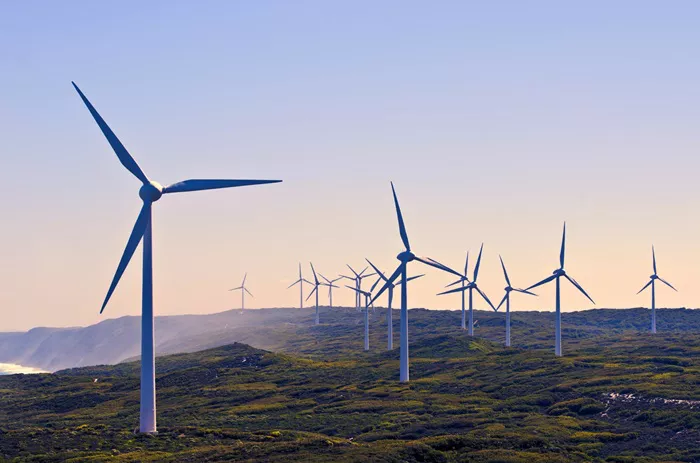The Tamil Nadu Green Energy Corporation Ltd (TNGECL) has stirred controversy with its recent directive mandating the use of only Made-In-India solar panels for all solar energy projects, including those by private entities. This new instruction aligns with the Union Ministry of New and Renewable Energy‘s (MNRE) Approved List of Models and Manufacturers (ALMM), which was initially intended to apply solely to government-backed projects and domestic rooftop systems.
The mandate, issued on August 19, 2024, has sparked significant unrest among captive power generators. Chief Advisor K. Venkatachalam of the Tamil Nadu Spinning Mill Owners Association (TASMA) raised concerns in a letter to the MNRE Secretary, highlighting that the ALMM’s requirement for using only domestically manufactured solar photovoltaic (PV) cells and modules was initially restricted to government projects. Private entities, particularly those generating solar energy for their own use, had previously been permitted to import solar modules without ALMM restrictions.
Venkatachalam pointed out that a substantial portion—75%—of the state’s installed solar generation capacity of 8,574 MW is attributed to the textile industry. These industries rely on renewable energy to market their products. The new TNGECL directive poses a threat to these industries by potentially barring them from grid connectivity if they use imported solar panels that do not have ALMM clearance.
The imposition of this mandate has left many stakeholders in turmoil. They are grappling with the sudden need to comply with the new regulations, especially since many have already placed orders with international suppliers for solar PV modules. There are growing fears about whether these projects will receive grid connectivity under the new rules.
TASMA has urged the MNRE Secretary to address the issue with the TNGECL Chairman and Managing Director, calling for the withdrawal of the August 19 communication from the Chief Engineer of Non-Conventional Energy Sources.
In response, a senior TNGECL official confirmed that the MNRE has now expanded the ALMM requirements to include captive solar generators. Previously, the ALMM compliance was mandatory only for government and assisted projects and domestic rooftop systems.
Related topics:
- 3 Best Portable Generator for Whole House
- 3 Best Solar Generator for Preppers
- TOP 4 Honda Generator for Home Use

